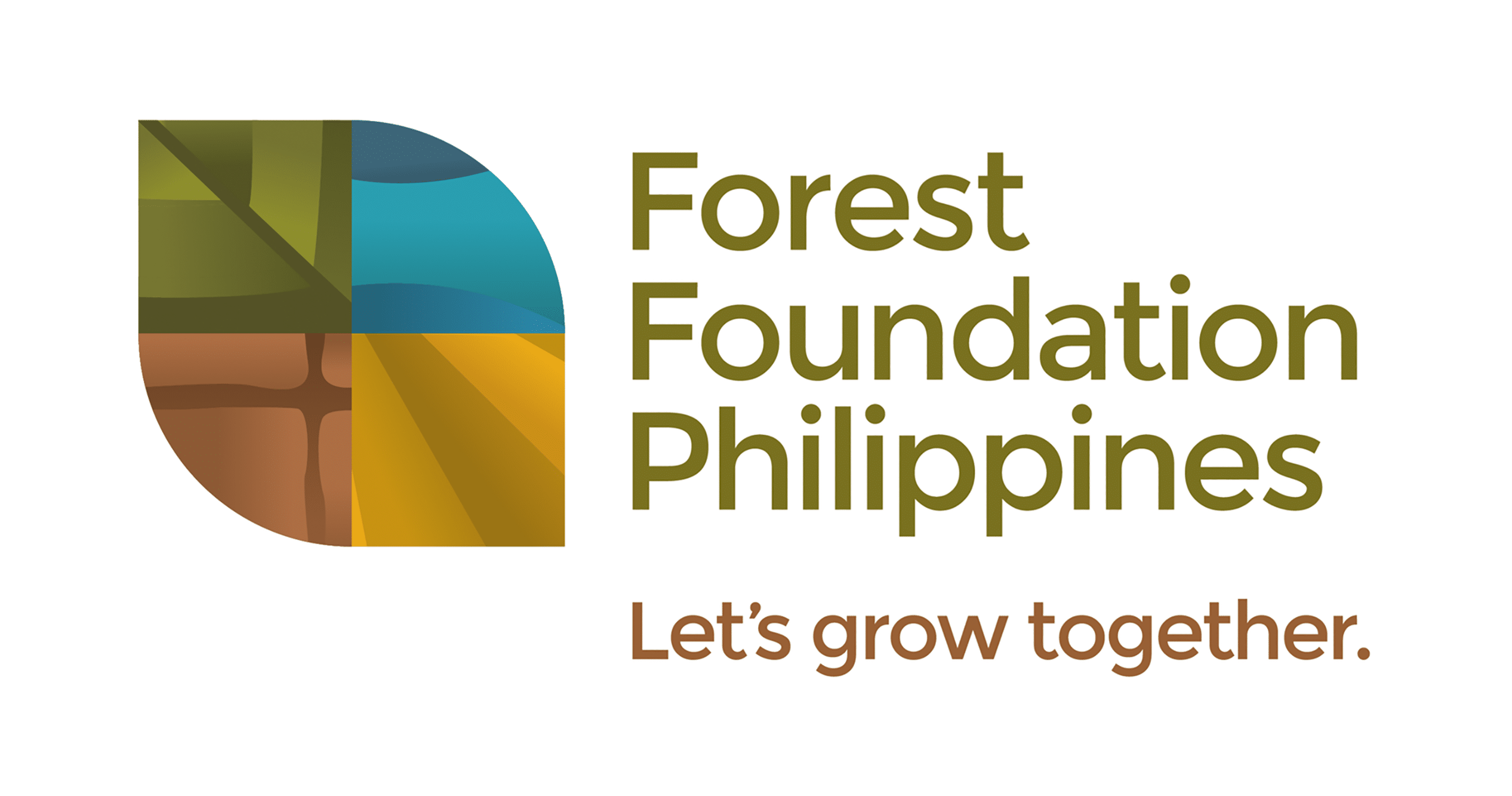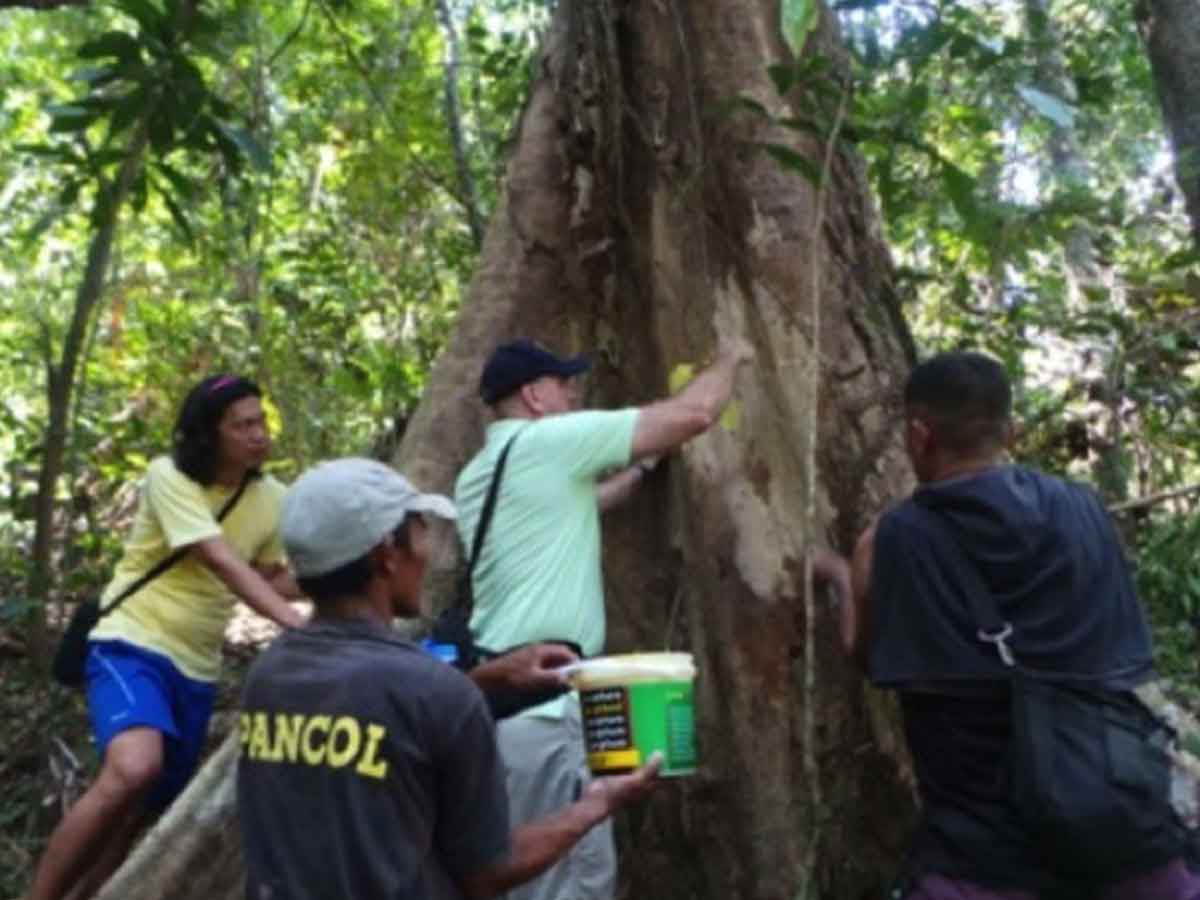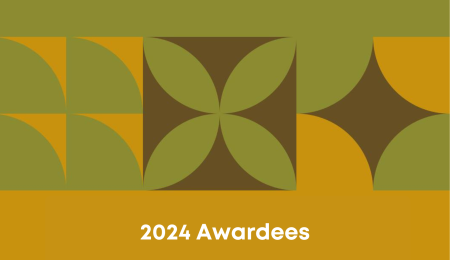Palawan is hailed as the country’s “last biodiversity frontier” primarily because it still retains more than 50% of its original forest cover and has vast stretches of old-growth forests. These forests however, are disappearing fast in the face of uncontrolled logging, wildlife poaching and mining among others.
In 2009, PTFCF supported efforts of the Palawan NGO Network, Inc. (PNNI) for Enforestment or enforcing forestry statutes through mentoring of community leaders and members. After the three-year project, the following were undertaken: a) community-based enforcement, thereby confiscating chainsaws and conveyances, and initiating prosecutorial activities against violators, b) community-organizing to build the constituency for enforcement operations, and c) establishment of community-conserved areas. Their experience in community-based enforcement taught them that for forest protection to be sustainable, it has to be founded on scientific data that will effectively identify areas for protection and exact monitoring of illegal logging and other threats. These data will moreover serve as baseline information when devising enforcement strategies.
Thus, building on the gains of previous works, PNNI is now ready to scale up and aim for broader, more sustainable forest law enforcement in Palawan. They intend to do this by conducting ground-truthing of old growth, closed canopy forests covering 300,000 ha; and geo-mapping threats to these areas. Ground-truthing is practically the most reliable method for gathering information as neither maps on elevation nor aerial surveys could reveal the existing subtle threats such as charcoal making, wildlife poaching, human settlement and even mining especially under closed canopy.
PNNI will bank on its previous efforts at community organizing to encourage extensive and coordinative works from various communities involved in the project. PNNI will further align their partners and work more closely with local government units, Palawan Council for Sustainable Development (PCSD) and Department of Environment and Natural Resources (DENR) in Palawan – a key component lacking in their previous initiative. Doing so will ensure that enforcement strategies developed are not only apt for specific areas but sustainable as well in the long run.
The PCSD is a key influence in the province’s environmental affairs. In recent years however, its membership has mostly comprised public officers, thereby ‘reducing it to more of a political body than a council for conservation.’ PCSD’s primary duty is to zone the province into environmental critical areas networks or ECAN zones. After prodding from PNNI, PCSD is planning to reconstitute the ECAN Boards of each municipality – opening up venues where environmental issues can be discussed prior to recommendation to the PCSD.
Corollary to ground-truthing, PNNI will seek to empower area-based NGOs (PNNI members and/or partners) in 13 municipalities in mainland Palawan to participate in municipal forestry affairs through their active representation in the ECAN Boards. With the active participation of its members and partners, the Catholic clergy and other faith-based groups, PNNI hopes to be able to unify conservation efforts and ensure that they are aligned and consistent with existing forest policies.




